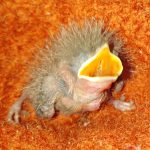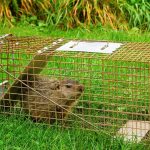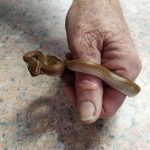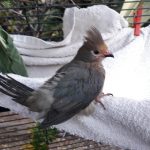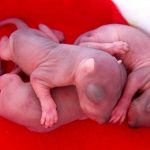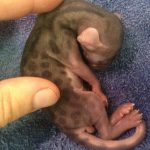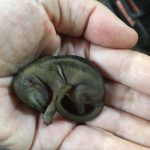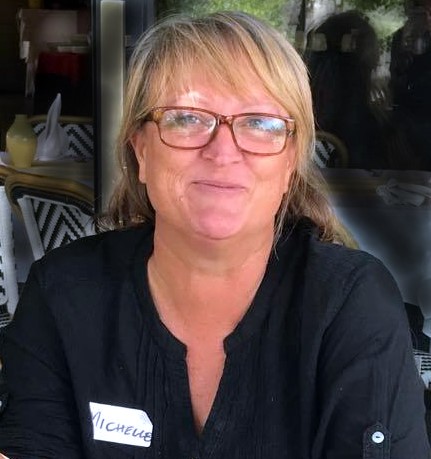BABY BIRDS
I found a baby bird, now what?
In early spring and summer, Wildlife Rehabilitation centres overflow with baby birds and mammals that shouldn’t be there. Many people do not realize that every baby animal goes through various stages of development before they learn to fly, eat or survive on their own. During these stages, they are extremely vulnerable to being caught by our pets or picked up when they should not be.
Knowing a little about these stages of development will help you to do what is best for that creature, and hopefully keep the little family together.
Hatchlings:
Most of our garden birds are completely featherless and blind when they first hatch. They are entirely dependent on their parents for food and warmth and cannot survive outside of the nest. After a storm, or when a tree is felled, these helpless nestlings are sometimes found on the ground with, hopefully, a frantic parent bird nearby. If the baby feels warm to your touch and is responsive and ‘peeping’, then it could be returned to the nest, provided you can reach or find the correct nest, and the parents are present. There may be another sibling in the nest or nearby which it will need to join. However, if any of these conditions cannot be met, then it is best to immediately call a Wildlife Rehabilitator for advice. A hatchling will not survive for long without intensive care. Keep the baby warm until help arrives.
Nestlings:
The nestling stage starts when the baby birds’ eyes are open, it’s covered in fluff and has the beginning of tiny pin feathers. It is still entirely dependant on its parents for food and warmth and will chirp loudly whenever mom or dad arrive in the nest. If the nestling feels warm to the touch, is uninjured and ‘chirpy’, you might be able to return it to the same nest or create a substitute nest if need be. Watch from a distance to be sure mom or dad returns to the nest quickly.
If any of these conditions cannot be met, then call a Wildlife Rehabilitator for advice.
Fledglings:
Once birds are able to perch and have developed tiny primary wing feathers, they will hop out of the nest and become “Branchers”. This is a normal stage of their development and often the time when they get rescued incorrectly. Fledglings are often found on the ground, flapping their little wings and calling loudly for mom or dad to feed them. Do not pick up or rescue a bird at this stage. Mom or dad will be close and separating the family is cruel. You can move the fledgling off to a safe area nearby or to a neighbouring garden without pets. Birds do not have a good sense of smell and will not mind that you touched their baby. If in doubt, call a Wildlife Rehabilitator for advice.
General notes:
- Never attempt to feed a baby bird: Chances are you do not have the right diet and forcing a stressed, injured or cold bird to eat can kill it.
- Anytime a bird has been picked up by a cat it must receive medical attention. Cat saliva is toxic to birds.
- Keep all pets away while attempting a rescue. Parent birds will not return to the nest if they can see you or your dog!
- Do not raise wildlife on your own without the appropriate training.
- If in doubt, always call a Wildlife Rehabilitator before removing or rescuing a baby bird.
You can support our work by attending or sponsoring a training course, or by going to our “Support page” on this website.




